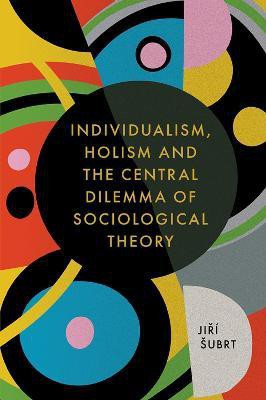Individualism, Holism and the Central Dilemma of Sociological Theory(English, Hardcover, Subrt Jiri)
Quick Overview
Product Price Comparison
Individualismand holism, the concepts embedded in the title of this book, represent two keytheoretical perspectives that have for many decades steered and shapedsociological thought. For over a century these two interpretative perspectiveshave also divided sociological theory into two camps, accompanied by a band ofscholars trying to bridge this dualism. According toAmerican sociologist Jeffrey C. Alexander, individualist theories derive theirappeal and strength from their underlying assumption that humans make decisionsas individual, free, autonomous, and rationally and morally consistent beings. A related belief is that they are able to express thesequalities in their actions regardless of the situation in society or whateconomic or moral conditions prevail. Holistic, or collectivist, theories, unlikeindividualism, assign primacy to social entities. This perspective is important because itcreates the basic precondition through which entities can become the subject ofdeliberate sociological analysis. However, there is a price for fulfilling thisprecondition. The emphasis it places on the collective, and on larger entities,logically means that the individual will and free human decision-making tendsto be lost from the field of view. This book argues that these twoperspectives, individualist and holistic, form the central dilemma ofsociological thought. It provides anextensive review and critique of contemporary sociological approaches to thisantinomy and examines attempts that have been made to overcome it and unite them. Moreover, the book proposes a new approach tosolving this dilemma via the concept of 'critical reconfigurationism', arguingthat the resolution of this dilemma is vital not just for sociological theorybut also for empirical social research.


